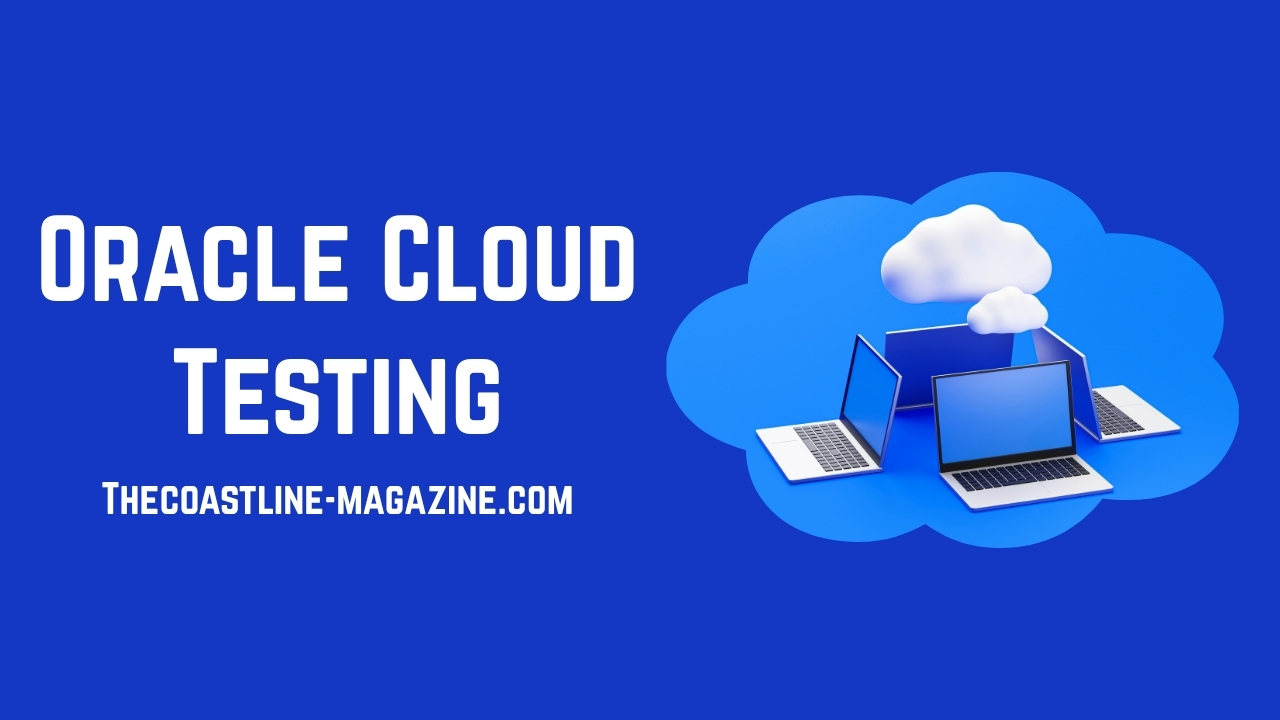Organizations’ approach to software testing and quality assurance have changed significantly as a result of the shift to Cloud-based services. Oracle Cloud settings provide specific possibilities and difficulties that call for particular approaches and techniques for testing. The need for thorough testing increases as companies depend more and more on Cloud infrastructure to run vital activities. Due to the complexity of modern Cloud ecosystems, it is important to consider quite a few variables that can potentially influence the effectiveness of testing and the functioning of the system on the whole. To achieve success in Oracle Cloud testing, a very methodical approach must be adopted, which addresses operative and technological problems and puts the user experience and business objectives on the forefront.
Performance Under Variable Load Conditions
Shared infrastructure resources and changing network circumstances cause Oracle Cloud environments to have different performance levels, which can have a big influence on how applications behave. Testing teams need to simulate realistic load situations which consider how many concurrent user sessions there are, peak use periods and contention situations around the available resources. During an extended performance test, response times, throughput capacity, and system stability in different load situations should all be evaluated.
Security and Data Protection Protocols
The introduction of Cloud settings leads to additional security threats that will require certain parallel testing approaches to protect the confidential company information or meet the compliance requirements. Testing teams should check the encryption of all system components, restrictions to access, authentication mechanisms, and safety of data transfer. In order to achieve a solid protection against online attacks, vulnerability assessments must include penetration testing, security inspection, and compliance checking. Organizations should also test their disaster recovery plans and data backup systems to continue doing business in the case of security event incidents or in case of system failures.
Network Connectivity and Latency Management
Network dependability, bandwidth constraints, and geographic distance provide particular difficulties for internet-dependent Cloud systems that can have a big impact on user experience. Numerous network problems, such as sluggish connections, sporadic connectivity, and high-latency situations that users could experience, must be taken into consideration in testing methodologies. To guarantee consistent performance, thorough network testing should assess system behavior across various geographic locations and connection types. Monitoring technologies that measure network performance and spot connection problems before they affect business operations must be put in place by organizations.
Scalability and Resource Allocation Testing
Cloud platforms have the ability to scale dynamically, which necessitates extensive testing to guarantee that systems can successfully manage quick expansion and shifting company needs. To avoid system failures during periods of high demand, testing teams must verify capacity planning features, resource allocation algorithms, and auto-scaling mechanisms. To ensure that scaling procedures operate smoothly and effectively, load testing should mimic both abrupt and gradual increases in user activity. To ensure service uptime in times of heavy demand, organizations need to test failover systems and set explicit scaling standards.
Integration with Existing Systems and Workflows
Oracle Cloud implementations have rarely operated in isolation, and to maintain operational proficiency, they need to integrate freely with databases, third-party applications, and existing business systems. Testing teams have to ensure automation of the processes, the performance of API, and synchronization of the data in all connected systems to prevent disruption of the business operations. End-to-end testing of real user inputs and business renders must be included as a testing option in comprehensive integration testing.
Conclusion
Oracle Cloud testing demands a methodical and strategic approach, which is where Opkey excels. Opkey, the official partner of Oracle, enables businesses to automate testing in a matter of hours rather than weeks. By minimizing the amount of human work by 80%, Opkey enables hassle-free quarterly upgrades, faster EBS-to-Cloud migrations and real-time testing with every application change. With over 150 supported technologies, it provides true end-to-end testing that reduces the risk, expands coverage, and frees the QA teams.

